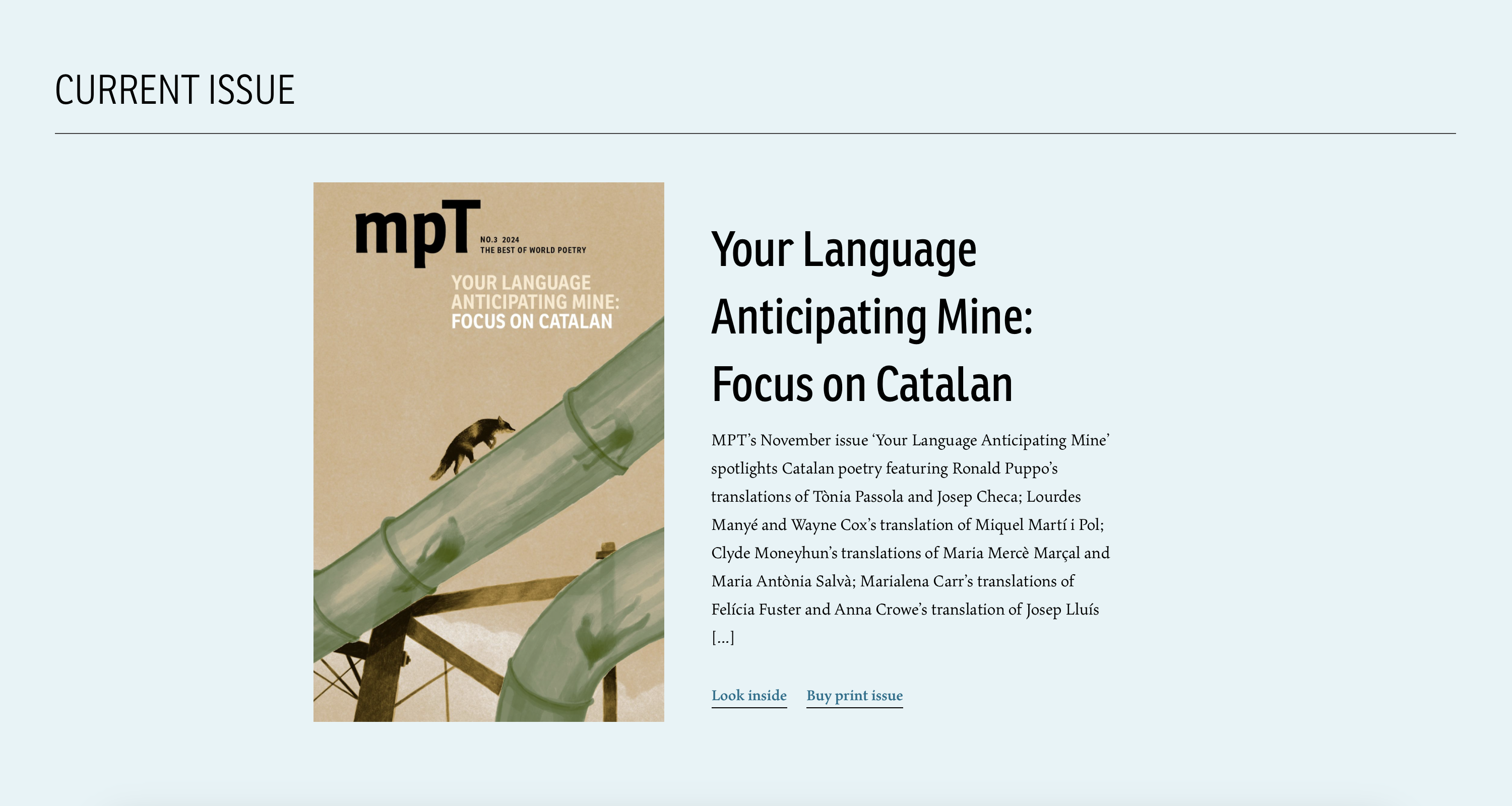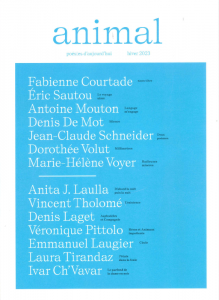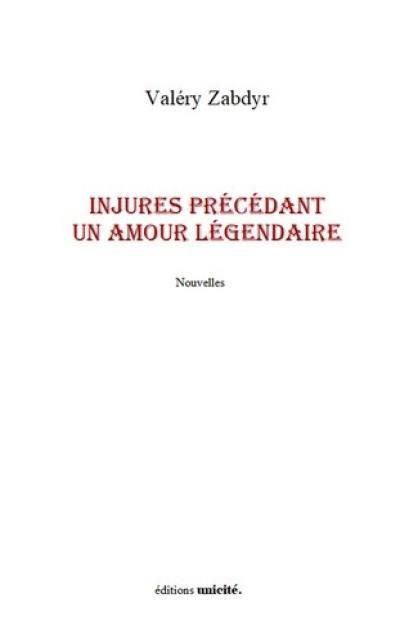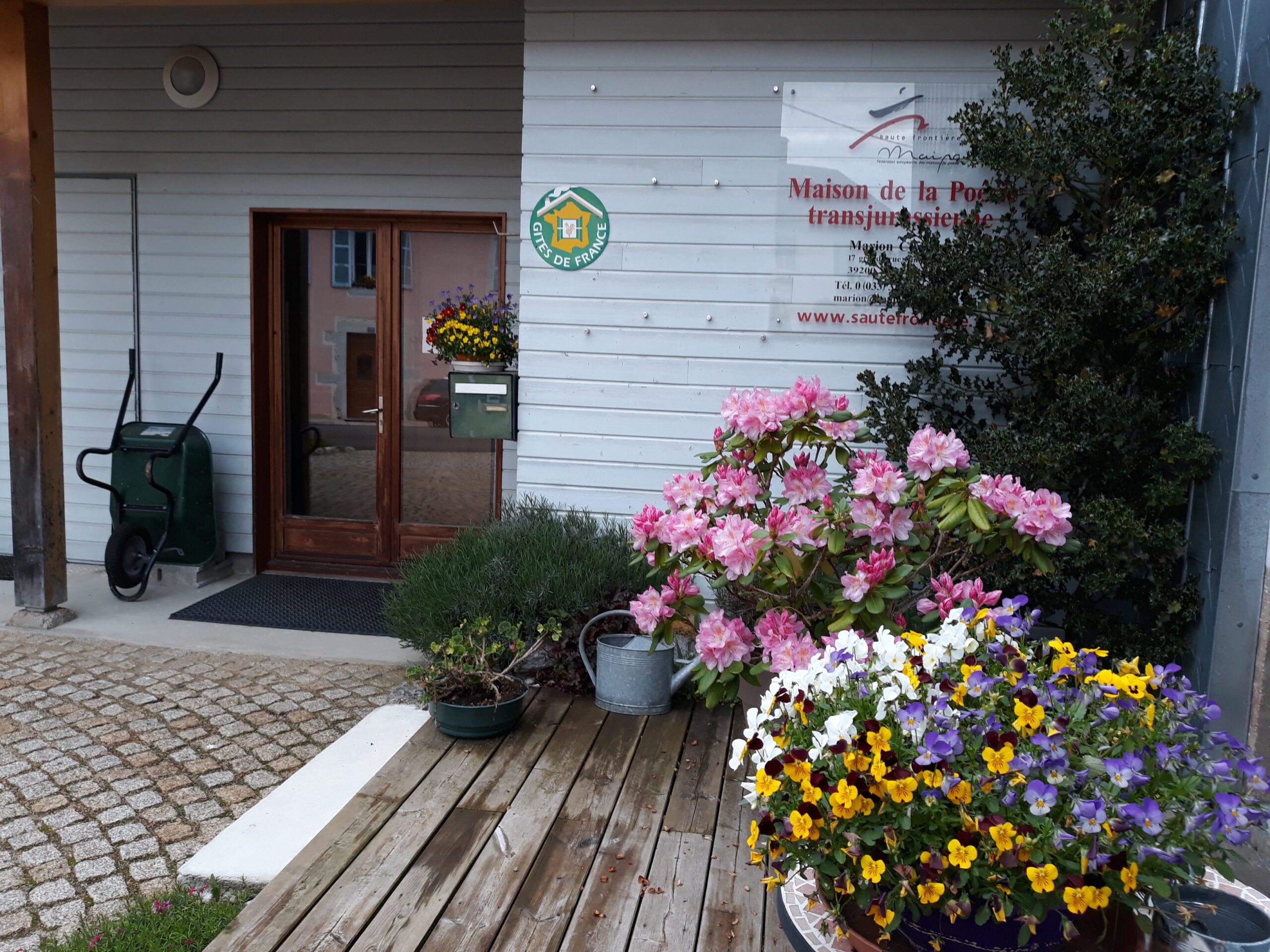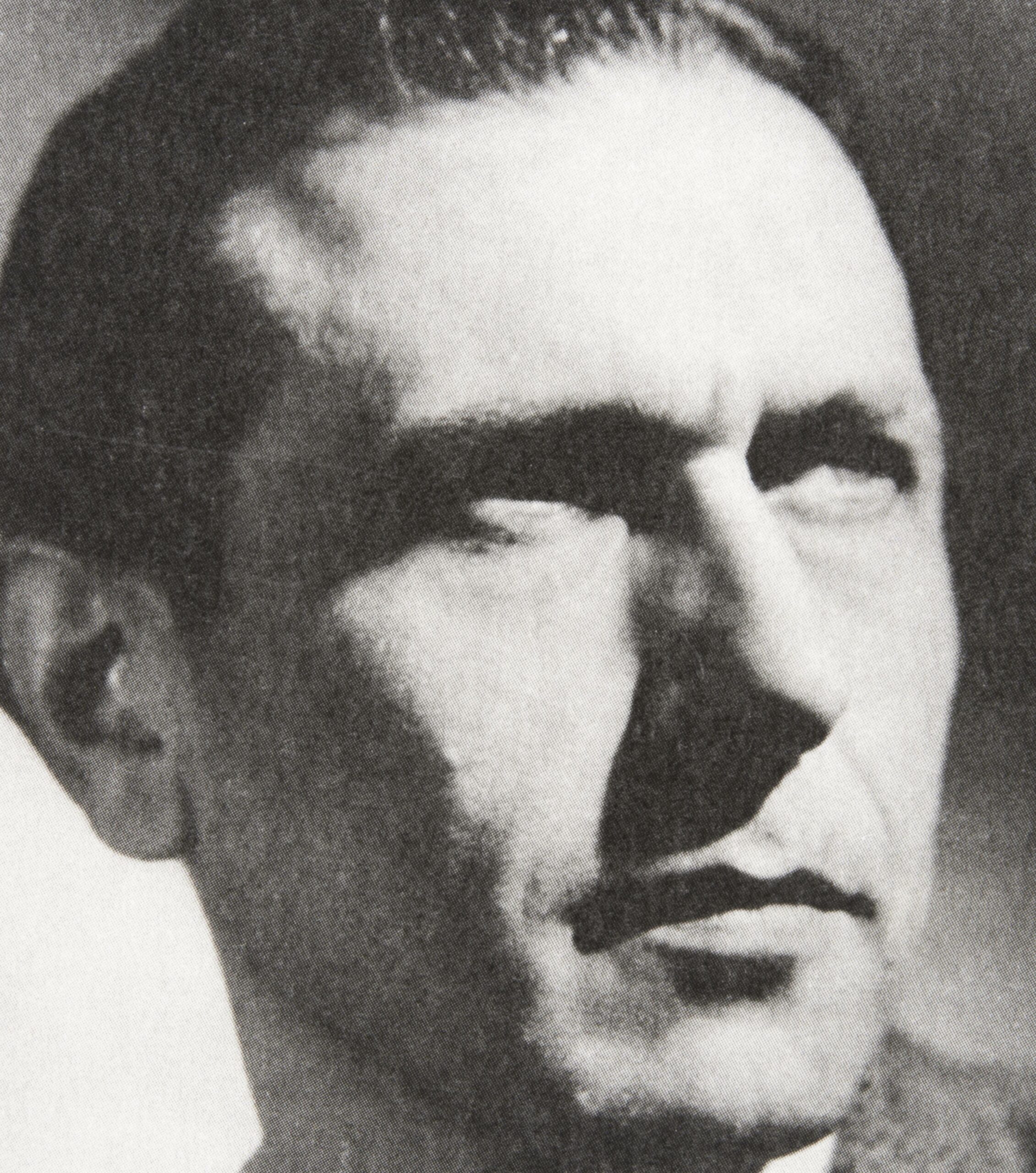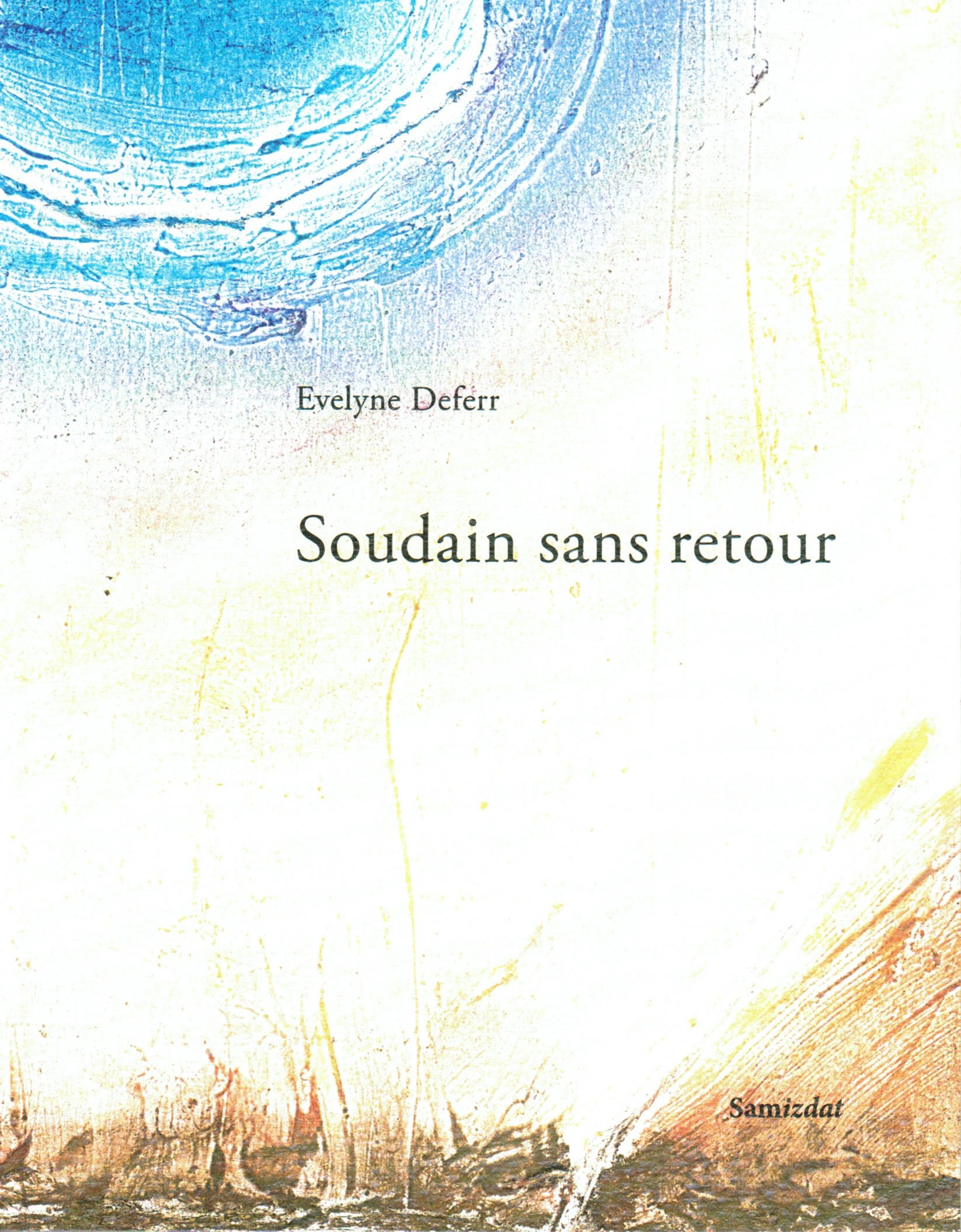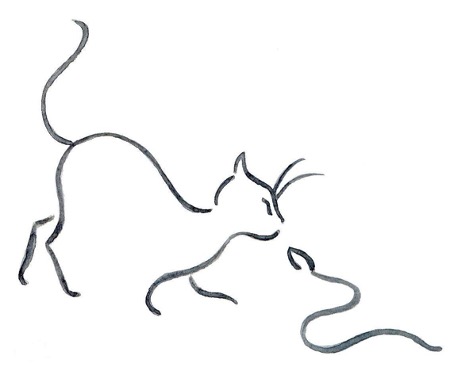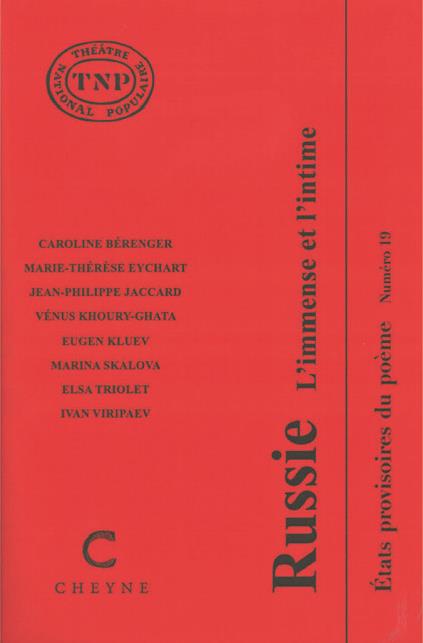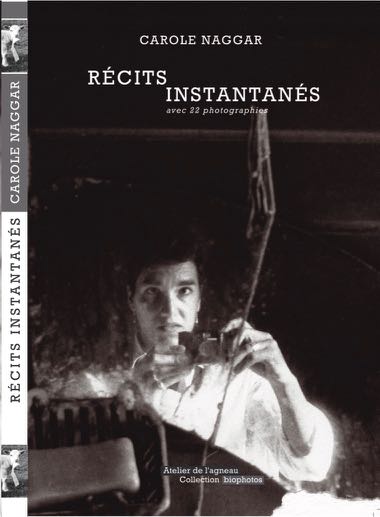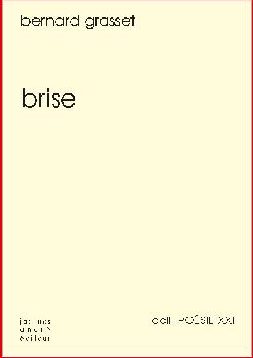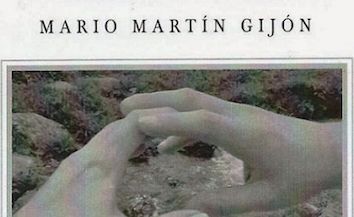The Sad, Depressing Poems of a Young Man from the Western Desert of India Who Also Writes Joyful Verses for Children and thus Lives in His Own Little Paradise
By Giriraj Kiradoo
1
Where do the poets come from?
In Hindi, the language of the proletarian façade, many of them come from universities and work for universities. Others work for the media and publishing houses. Only a very few do not work for the Hindi intelligentsia or the Indian state.
Where does poetry come from?
In Hindi, the language of revolutionary rhetoric, it often comes from the upper caste, middle class drawing rooms.
Prabhat, a young man belonging to a Scheduled Tribe (a bureaucratic coinage that denotes a group of unprivileged tribal communities) called ‘Meena’, came to Jaipur, an aspiring metropolis in the midst of the Western Desert, to study Hindi literature. He did his Master’s and learned to drop his surname Meena (a sign of his ‘caste’). Protective discrimination by the Indian State had made sure that many young men from his community would become civil servants and serve the state.
Prabhat, while failing in all his half-hearted attempts at becoming a teacher, learned how to be a poet and unlearned most of what he was taught at the university. At 40, unemployed for the better part of a crop year, he is a freelance content developer for some non-government organizations working in the field of primary education. Instead of becoming a teacher, he has become the darling of children. Instead of lecturing in a classroom, he sings for them in the open. A bard and a friend – quite an achievement, given his poetic temperament and his existential discomfort with the world he has to make do with.
2
He writes for children, besides writing for himself. In Hindi, he is a misfit among the ‘Facebook stars’ of ‘change’ poetry. He has left the urban surroundings and has made a reverse-migration back to India’s troubled rural heartland. His poetry makes little effort to conceal his discomfort with the world and makes no effort at making itself visible and audible.
3
Brilliantly translated by Rahul Soni, these poems take us to familiar fields and unfamiliar factories. Familiar girls and unfamiliar railway stations. All too familiar thirst and a somewhat unfamiliar remembrance. These poems don’t like metaphors, and have little use for them. They don’t want to be read as coded messages; instead, they make every detail so transparent that metaphors hesitate to implicate them.
Moving slowly between subtle hope and unmitigated despair like a specter; Prabhat is a poet of Hindi’s own destiny in a neoliberal, globalized India.


